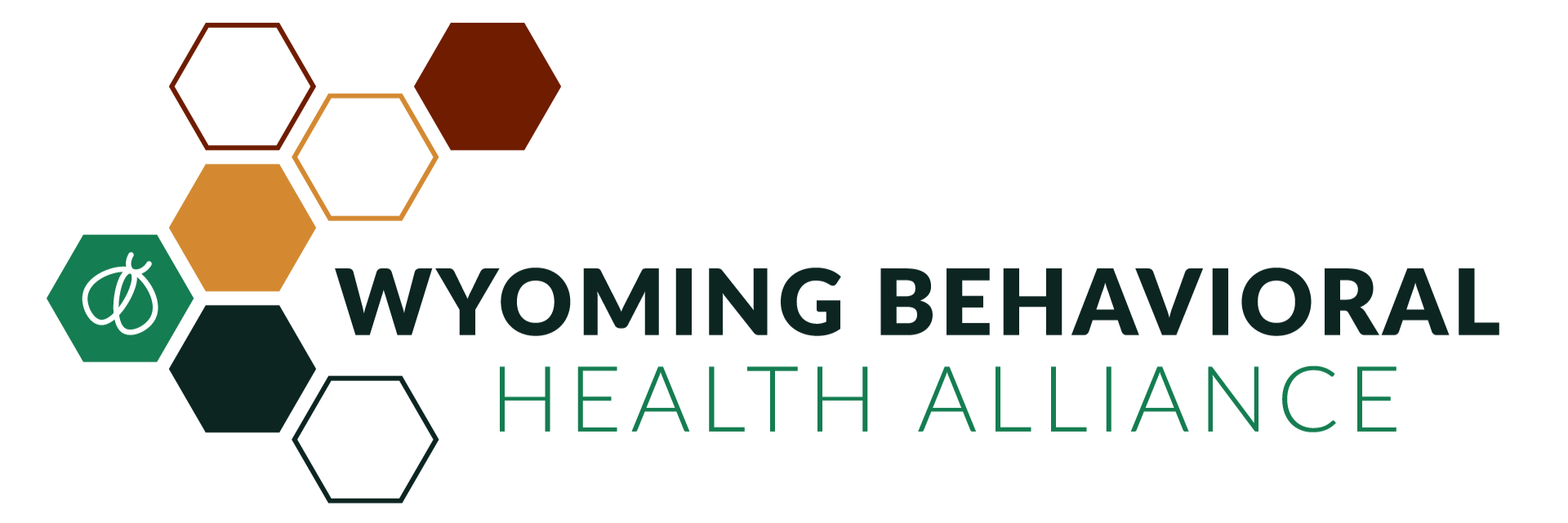Frequently Asked Questions
As the Wyoming Behavioral Health Alliance continues to grow throughout Wyoming, many organizations have the same questions and concerns. Here are the most common questions and answers to help guide an organization as they consider membership.
-
Simply put, the Alliance is a coalition of nonprofits, associations, and organizations that have an invested interest in increased mental health access and services across Wyoming. Working together towards the same goal gives all of us the opportunity towards greater success and decrease the likelihood of duplicating efforts, working smarter and not harder.
-
With every organization working tirelessly towards their purpose, priorities and goals get left undone. Every organizations needs are uniquely different. We have curated a menu of services that other organizations utilize WYBHA for to give you an idea of what a membership could offer you.
-
Membership with the coalition involves a membership agreement which is re-evaluated by both parties annually and annual membership fees based on the organization’s needs and yearly budget. The membership agreement will include what services you can expect as well as an invitation to attend WYBHA quarterly board meetings.
To know exactly what your membership fees would be we encourage you to contact WYBHA directly.
-
No, the exact opposite would happen, membership with increase your statewide presence and voice. Not only will WYBHA be highlighting your work and presence throughout the state, your organization can do the same throughout your organization. Members have found by highlighting their membership and the work WYBHA is doing has increased membership and engagement in the work they are individually doing.
-
Sure, but you don’t have to. Every organization engaged in behavioral health seems to be overwhelmed with the amount of work to be done and the ever changing environment they must engage in. Working together allows everyone to support one another and accomplish more with less, without risking staff or board member burnout, many who are volunteering and working full time in the behavioral health sector.
